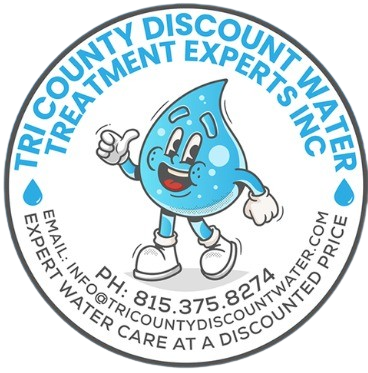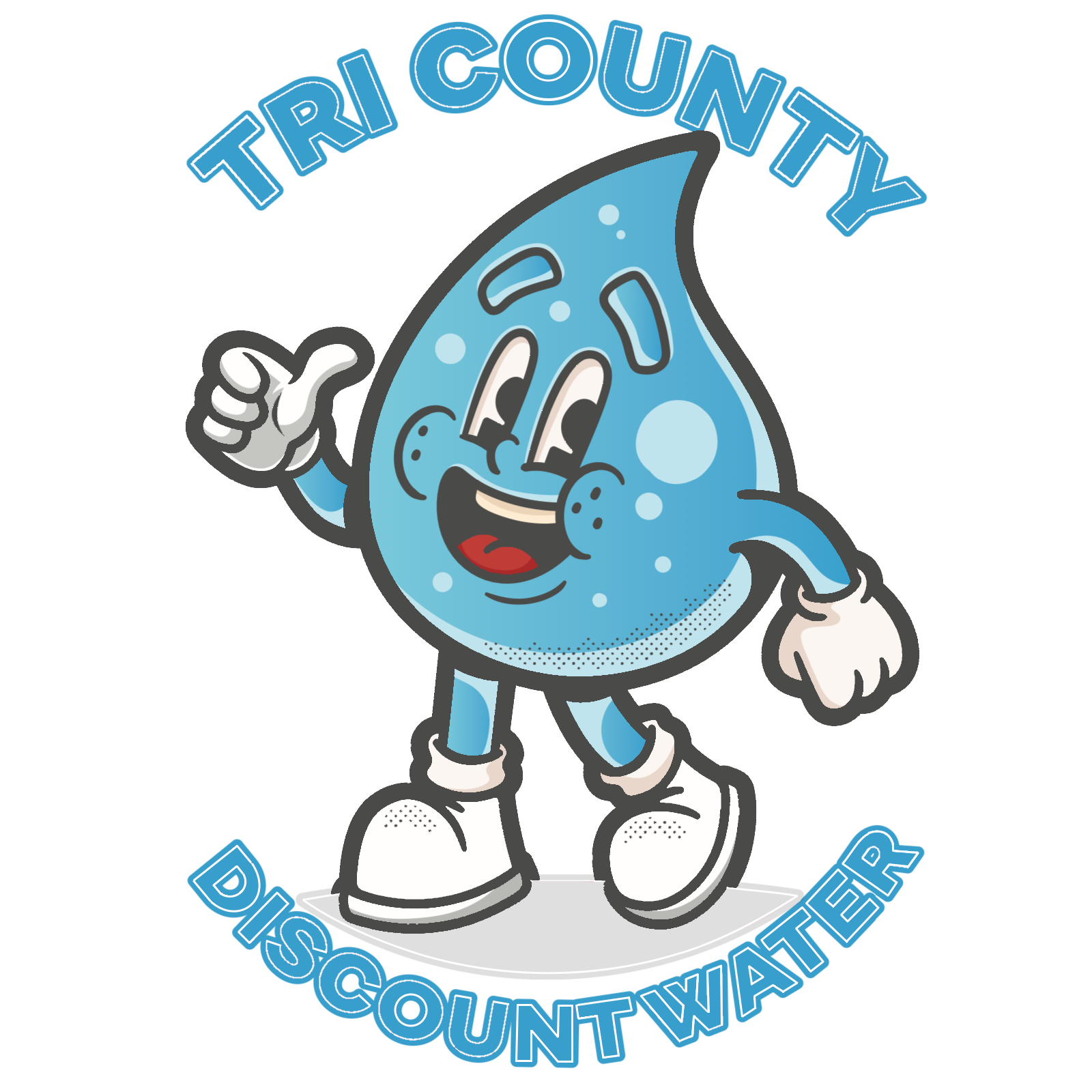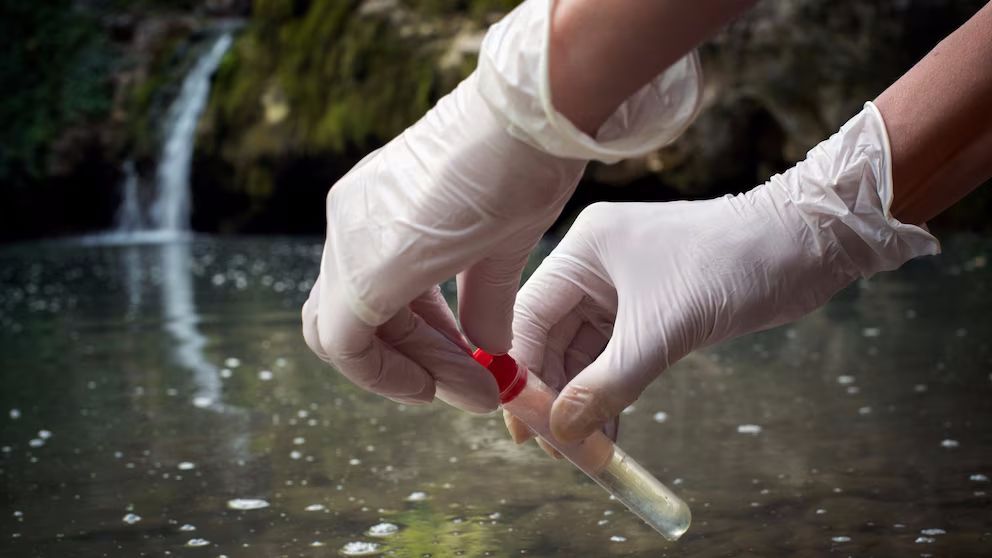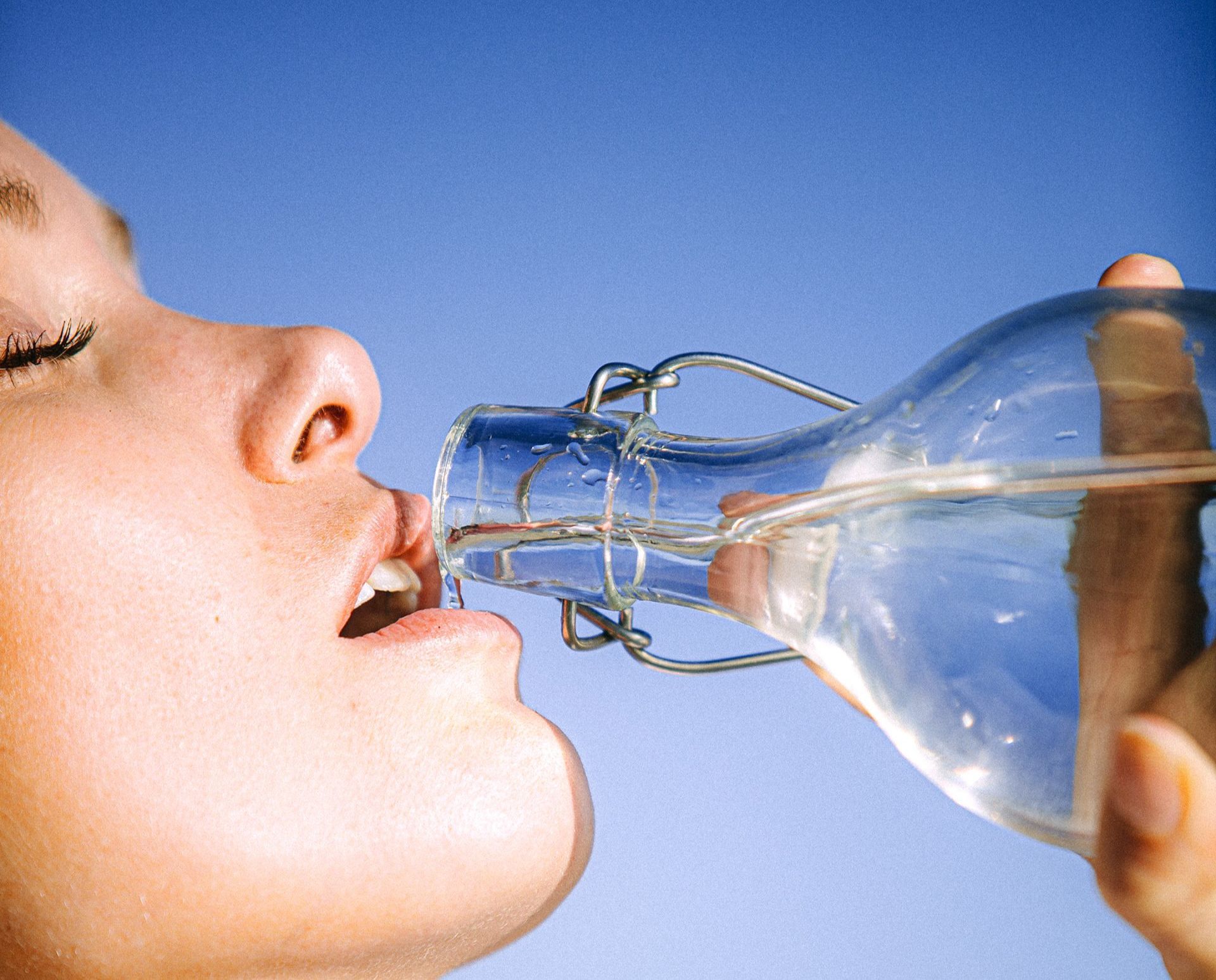Understanding Water Hardness and Its Impact on Daily Life
What is "hard water"?
Water hardness is a common issue affecting many households worldwide, defined by the concentration of dissolved minerals, primarily calcium and magnesium. While these minerals aren't harmful to human health, they pose numerous challenges in daily living. This article delves into water hardness, its effects on everyday life, the role of water softening systems, and the importance of installing these systems in homes.
The Science of Water Hardness
Water becomes "hard" as it picks up minerals like calcium and magnesium while flowing through soil and rock. Hardness is measured in grains per gallon (gpg) or parts per million (ppm). According to the U.S. Geological Survey:
- Soft: 0-60 ppm or 0-3.5 gpg
- Moderately Hard: 61-120 ppm or 3.5-7.0 gpg
- Hard: 121-180 ppm or 7.0-10.5 gpg
- Very Hard: Over 180 ppm or 10.5 gpg
Source: USGS
The Effects of Hard Water on Daily Life
- Scale Buildup: One of the most visible effects of hard water is scale buildup. Dissolved minerals precipitate out when heated, forming a hard, chalky deposit. This buildup clogs pipes, reduces water flow, and decreases the efficiency of water heaters and other appliances, leading to higher energy bills and costly repairs.
- Reduced Soap Efficiency: Hard water reacts with soap to form a sticky residue called soap scum, reducing soap's ability to lather. This makes cleaning less effective, increasing household expenses as more soap or detergent is needed.
- Skin and Hair Issues: Hard water leaves a film of soap scum on skin and hair, leading to dryness, irritation, and a lack of luster. It can exacerbate conditions like eczema and dermatitis.
- Staining and Spots: Hard water often leaves mineral deposits on dishes, glassware, and fixtures, causing unsightly spots and stains that are difficult to remove, making cleaning chores more time-consuming.
- Appliance Wear and Tear: Appliances using water, such as dishwashers, washing machines, and coffee makers, suffer from reduced efficiency and increased wear due to hard water. Scale buildup can damage internal components, shorten the lifespan of these appliances, and lead to frequent maintenance issues.
Water Softening Systems: An Effective Solution
Fortunately, there is a solution. Water treatment, specifically water softeners, can improve water hardness issues. Water softening systems address problems caused by hard water, using various methods to remove or neutralize hardness minerals, thereby improving water quality. Here's a ranking of these systems from least to most effective for whole-home applications:
4. Magnetic and Electronic De-scalers - LEAST EFFECTIVE
These systems use magnetic fields or electronic pulses to alter the properties of hardness minerals, preventing them from forming scale. However, their effectiveness varies widely, and they are generally considered less reliable than other water softening methods. They do not remove minerals but only change their behavior, making them the least preferred option for whole-home applications.
3. Salt-Free Water Conditioners
Salt-free systems use a process called template-assisted crystallization (TAC) to change the structure of hardness minerals, preventing them from forming scale deposits. While these systems require less maintenance and do not add sodium to the water, they are not as effective as traditional water softeners in reducing overall hardness.
2. Reverse Osmosis Systems
Reverse osmosis systems use a semi-permeable membrane to remove a wide range of contaminants, including hardness minerals. However, due to their higher cost and slower processing rate, they are typically used for drinking and cooking water rather than whole-house softening. They are effective but not practical for large-scale applications.
1. Ion Exchange Water Softeners - MOST EFFECTIVE
The most common and effective type of water softening system for whole-home use, ion exchange water softeners use a resin bed charged with sodium or potassium ions. As hard water passes through the resin, calcium and magnesium ions are exchanged for sodium or potassium ions, effectively softening the water. This method is highly effective and widely used due to its reliability and efficiency.
For whole-home applications, we recommend and exclusively use ion exchange water softeners (see our TCS Series water softening system). Their proven effectiveness in removing hardness minerals, coupled with their reliability and efficiency, makes them the superior choice for ensuring high-quality water throughout your home. While other systems may offer some benefits, ion exchange softeners provide comprehensive and consistent results, safeguarding your household appliances, improving cleaning efficiency, and enhancing overall water quality. Invest in an ion exchange water softener for a noticeable improvement in your home's water supply.
Importance of Water Softening Systems in the Home
Installing a water softening system offers numerous benefits that enhance daily living and protect household infrastructure.
- Extended Appliance Lifespan: By preventing scale buildup, water softeners help extend the lifespan of water-using appliances, reducing the need for frequent repairs and replacements, and saving money.
- Improved Energy Efficiency: Scale buildup in water heaters and boilers reduces efficiency, leading to higher energy consumption. Softened water ensures these appliances operate optimally, reducing energy bills.
- Enhanced Cleaning Efficiency: With softened water, soaps and detergents work more effectively, reducing the amount needed for cleaning tasks, resulting in cost savings on cleaning products and less effort on household chores.
- Better Skin and Hair Health: Softened water is gentler on skin and hair, reducing dryness and irritation. It helps maintain natural oils, leading to a healthier appearance and feel.
- Reduced Staining and Spotting: Softened water minimizes spots and stains on dishes, glassware, and fixtures, keeping them clean and shiny.
- Environmental Benefits: By reducing the need for harsh cleaning products and lowering energy consumption, water softening systems contribute to a more sustainable household.
Conclusion
Water hardness significantly impacts daily life, from reducing the efficiency of household appliances to causing skin and hair problems. Water softening systems offer an effective solution by removing or neutralizing hardness minerals. Installing a water softening system provides numerous benefits, including extended appliance lifespan, improved energy efficiency, better cleaning results, and enhanced skin and hair health. For households in regions with hard water, such as Northern Illinois, a water softening system is an essential investment that enhances quality of life and protects valuable home infrastructure.
Sources:
Water Quality Association (WQA) - Perceptible Water Quality Issues: Scale Deposits



